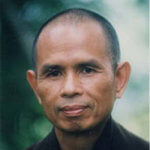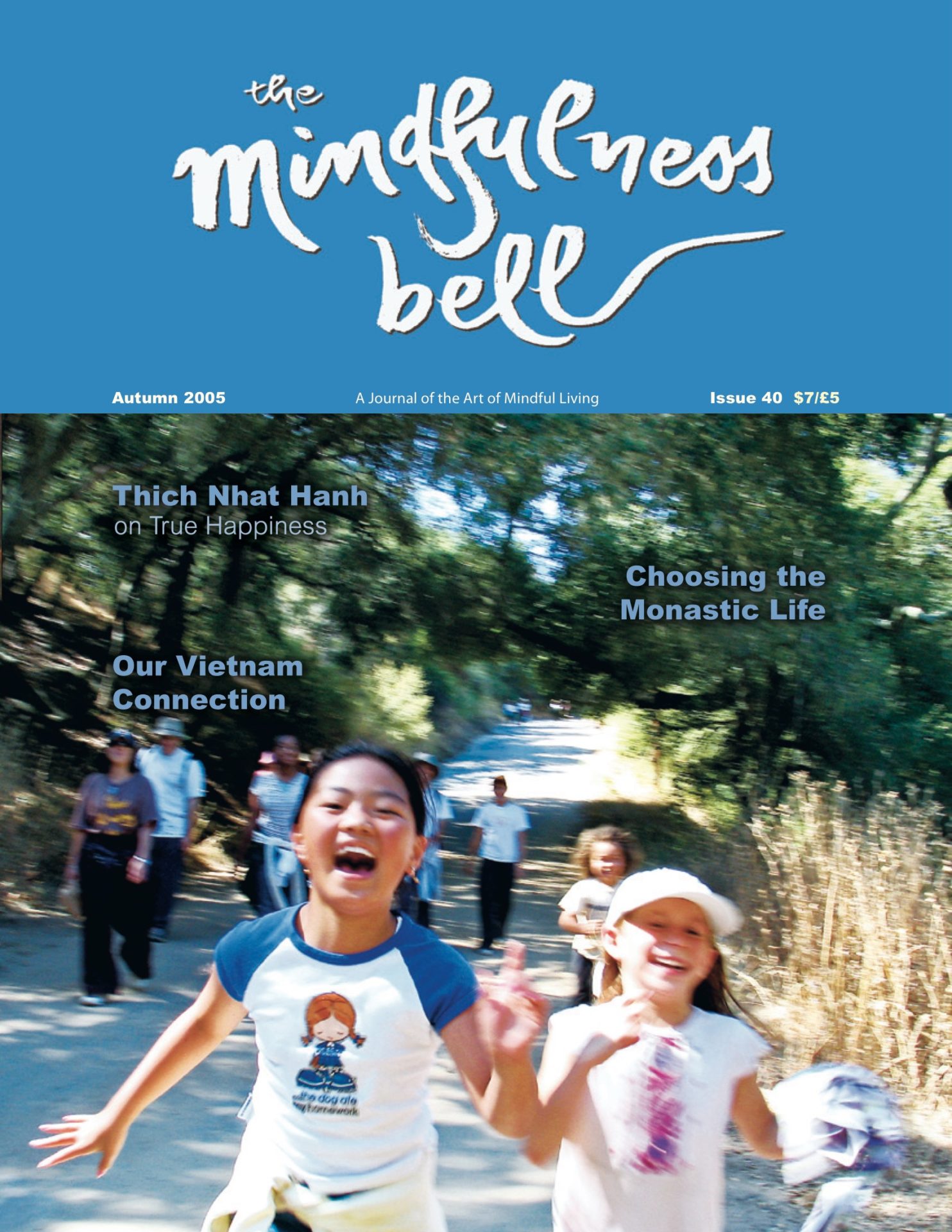- The Vietnamese Communist feels at ease with the cultural traditions of Vietnam and is determined to live in such a way as to make it more beautiful day by day.
- The Vietnamese Communist is aware that trees have roots, water has its sources and that ancestors are one’s origin, from which one has received many insights, experiences, and good and beautiful ways of
- The Vietnamese Communist feels at ease while wearing the national dress and while offering incense at the shrine of King Hung,
- The Vietnamese Communist feels at ease with the cultural traditions of Vietnam and is determined to live in such a way as to make it more beautiful day by day.
- The Vietnamese Communist is aware that trees have roots, water has its sources and that ancestors are one’s origin, from which one has received many insights, experiences, and good and beautiful ways of
- The Vietnamese Communist feels at ease while wearing the national dress and while offering incense at the shrine of King Hung, at their home’s ancestral altar, and at memorials to deceased The shrine of King Hung, the ancestral altars, and the memorials to deceased soldiers are symbols of gratitude towards and respect and love for one’s origin. They are not the objects of a deity faith. (The Ho Chi Minh Memorial is also a symbol of origin and gratitude.)
- The Vietnamese Communist understands that religious beliefs are not the essence of The essence of Buddhism is the source of insight that transcends perceptions of being/non-being, mind/body; that has the capacity to embrace, to cultivate brotherhood (love and compassion), and to transform hatred and discrimination. The essence of Buddhism is a wealth of concrete practices which help one to untie internal knots, to reestablish communication, and to bring about reconciliation in oneself, in one’s family and in society. This source of insight and these practices, if applied properly, have the capacity to rebuild peaceful and happy families, villages, and cities free from social ills such as crime, violence, drugs, gangs, and debauchery. This tradition of love and understanding has helped build a gentle and peaceful way of life, helped create many centuries of peace and prosperity, and has become the character of the national culture. This character is in the blood of every Vietnamese, including those who do not consider themselves Buddhist.
- Even when seeing those who consider themselves Buddhist but who only know to worship and to pray for favor, the Vietnamese Communist still feels at ease, and does not discriminate against He or she is aware of being more fortunate, of having had the chance to study and to utilize the insight of Buddhism in order to develop a profound internal life, to have more strength to overcome difficulties, to create sympathy and happiness in his or her family, and to organize and to succeed swiftly in his or her career.
- The Vietnamese Communist feels at ease living together with all traditions (including those introduced into Vietnam long ago or just recently) that incline to become nationalized traditions and thus a part of the people’s The brotherhood among these nationalized traditions is a fact that does not need to bear the title of religion, race, doctrine, or ideology.


